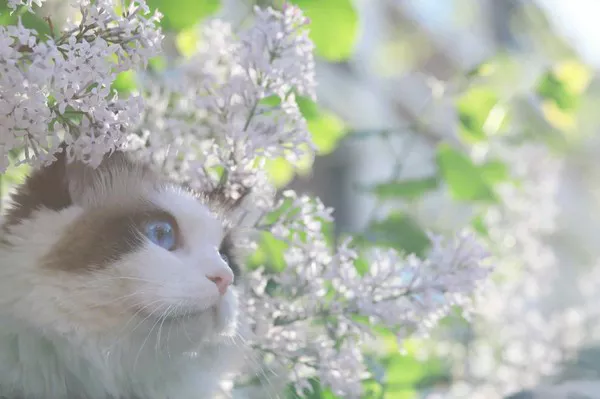Kittens are undeniably adorable, but those tiny, sharp teeth can pack quite a painful bite. While kitten biting is a natural behavior, it’s crucial to teach your furry friend to use their teeth gently to avoid future problems. In this guide, we’ll explore why kittens bite, when to start training, and effective strategies to curb this behavior. With patience and consistent training, you can enjoy a harmonious relationship with your kitten without the painful nips.
Understanding Why Kittens Bite
Kittens use their mouths for various reasons, and understanding their motivations is the first step in addressing this behavior.
Exploration: Kittens are curious creatures, and they use their mouths to explore the world around them. Biting objects and even your fingers is a way for them to learn about their environment.
Teething: Just like human babies, kittens go through a teething phase. Biting provides relief from the discomfort of new teeth erupting.
Play: Kittens often engage in rough play with their littermates, which includes biting. When they play with you, they may not realize that your skin is more sensitive than another kitten’s fur.
Communication: Kittens may use gentle biting to communicate their needs or desires, such as wanting attention or food.
Socialization: Kittens learn social skills by interacting with their littermates. Biting is a part of this learning process.
When to Start Training
It’s never too early to begin training your kitten not to bite. Ideally, training should start when your kitten is around eight weeks old. However, even if you adopt an older kitten or cat, these techniques can still be effective.
Effective Strategies to Stop Kitten Biting
Use Toys for Play: One of the most effective ways to redirect your kitten’s biting behavior is to provide appropriate toys. Interactive toys like feather wands and laser pointers can keep them engaged and tire them out, reducing the urge to bite.
Avoid Hand Play: As tempting as it may be to engage in play with your hands, avoid it. Encouraging kittens to play with your hands can confuse them and make them think that biting is acceptable. Instead, use toys to play and interact with your kitten.
Teach Bite Inhibition: Kittens need to learn how to control the force of their bites. When your kitten bites too hard during play, let out a high-pitched “ouch” or yelp to mimic the way a fellow kitten would react. This signals to your kitten that their bite was too strong, and they should ease up.
Consistency is Key: Be consistent in your responses to biting behavior. Whether it’s during play or when they’re seeking attention, use the same vocal cues or actions to communicate that biting is unacceptable.
Time-Outs: If your kitten continues to bite despite your efforts, consider using time-outs. When your kitten bites, immediately stop play or interaction and leave the room. This sends a clear message that biting leads to the end of fun.
Positive Reinforcement: Reward your kitten for good behavior. When they play gently or refrain from biting, offer treats, praise, and affection. Positive reinforcement will encourage them to continue the desired behavior.
Provide Chew Toys: During teething, kittens have an instinctual need to chew. Offer appropriate chew toys designed for kittens to help soothe their sore gums.
Consult a Professional: If your kitten’s biting behavior persists or becomes aggressive, it may be advisable to seek guidance from a professional animal behaviorist or veterinarian. They can provide personalized advice and solutions tailored to your specific situation.
Be Patient: Training a kitten not to bite takes time and patience. Remember that kittens are learning, and it’s essential to remain calm and consistent throughout the process.
Conclusion
Kitten biting is a normal part of feline development, but it’s essential to guide your furry friend toward using their teeth gently. By understanding why kittens bite and employing effective training techniques, you can foster a loving and bite-free relationship with your kitten. Remember that patience and consistency are key to helping your kitten become a well-behaved and gentle companion.
























